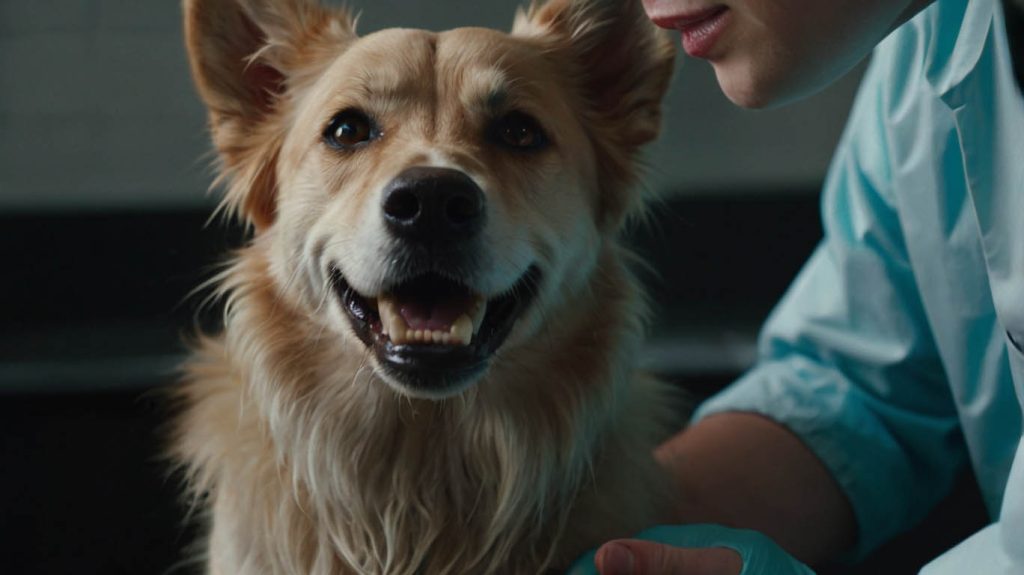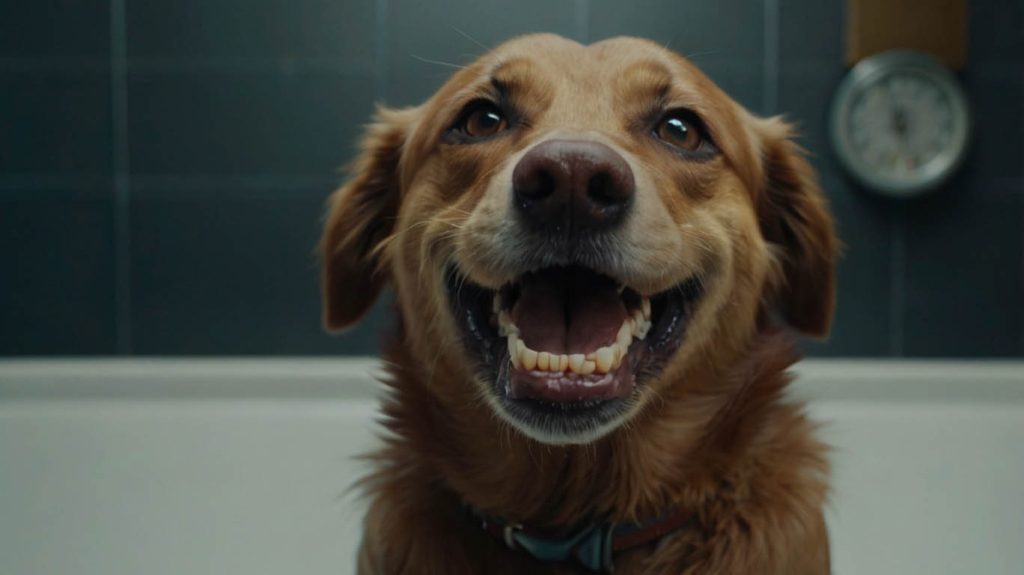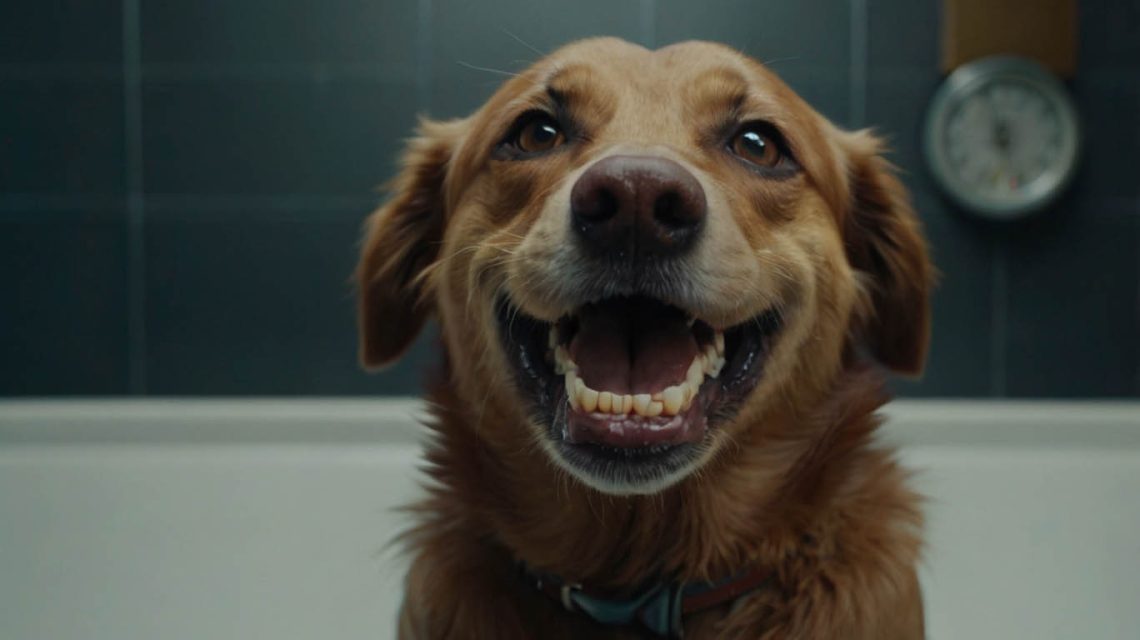How Often Should Dogs’ Teeth Be Cleaned: The Ultimate Guide to Professional Dental Care
You are a diligent pet owner. You brush your dog’s teeth as often as you can, you provide them with dental chews, and you pay attention to their overall health. However, during a recent cuddle session, you got a whiff of some serious bad breath. You take a closer look and see a stubborn, brownish crust of tartar on their molars that your toothbrush just can’t seem to budge. Consequently, this leads you to a new and very important question, one that goes beyond daily home care: how often should dogs’ teeth be cleaned by a professional?
This is a critical question because while at-home brushing is the cornerstone of dental health, it cannot do everything. Just like in humans, professional cleanings are essential for long-term oral and overall health. Therefore, this guide is designed to provide the definitive, vet-recommended answer. We will explore the ideal frequency for professional cleanings, explain what the procedure involves, and detail why it is one of the most important investments you can make in your dog’s longevity and well-being.
The General Recommendation: How Often Should Dogs’ Teeth Be Cleaned?
Let’s start with the expert consensus. For most adult dogs, the general recommendation is to have a professional veterinary dental cleaning once a year.
This annual schedule allows your veterinarian to remove the hardened tartar that at-home brushing cannot, assess the health of each individual tooth, and check for any problems lurking below the gumline. Think of it as the equivalent of your own twice-yearly visit to the dentist. It is the most effective way to prevent the onset of serious dental disease.
However, this is a general guideline. Several factors can influence this timeline, making more frequent cleanings necessary for some dogs.

Factors That Influence How Often Dogs’ Teeth Should Be Cleaned
Not all dogs are created equal when it comes to dental health. The ideal frequency for your specific dog will depend on these key factors.
1. Breed and Size: A Major Consideration
This is one of the most significant factors.
- Small and Toy Breeds (e.g., Yorkshire Terriers, Chihuahuas, Dachshunds): These dogs are the poster children for dental problems. Their small mouths are often crowded with teeth, creating the perfect environment for plaque and tartar to accumulate. Consequently, these breeds often need professional cleanings every 6 to 12 months to prevent severe periodontal disease.
- Brachycephalic (Flat-Faced) Breeds (e.g., Pugs, Bulldogs): Due to the unique structure of their jaws, these dogs also have a higher incidence of dental crowding and disease. An annual cleaning is typically the minimum for them.
- Large Breeds: Larger dogs with more space between their teeth generally have fewer problems and may be able to stick to the annual or even every-other-year schedule if their home care is excellent.
2. Age: A Critical Factor
Just like in humans, dental problems become more common with age. As your dog gets older, the answer to “how often should dogs’ teeth be cleaned?” may change. A senior dog may need more frequent cleanings to manage existing disease and prevent further tooth loss.
3. At-Home Dental Care Routine
The quality of your at-home care routine has a direct impact. A dog whose teeth are brushed daily will be able to go much longer between professional cleanings than a dog who only gets an occasional dental chew. Consistent home care is your best tool for extending the time between veterinary procedures.

What is a Professional Veterinary Dental Cleaning?
Understanding what the procedure involves can help alleviate any anxiety you may have about it. It is much more than just a “cleaning.” It is a comprehensive oral health assessment and treatment.
- Anesthesia is Essential: To perform a safe and thorough cleaning, your dog must be under general anesthesia. This is a non-negotiable for their safety and for the quality of the procedure. It allows the vet to clean below the gumline, where the most serious disease occurs, without causing your dog pain or stress.
- A Thorough Oral Exam: The vet will examine each tooth individually, probing for pockets in the gums that indicate bone loss.
- Dental X-Rays: This is a critical step. X-rays are the only way to see the health of the tooth root and the jawbone below the gumline. Many serious problems, like tooth root abscesses, are invisible without x-rays.
- Scaling and Polishing: The vet uses an ultrasonic scaler to remove all the plaque and tartar from the tooth surface, both above and below the gumline. Afterwards, they polish the teeth to create a smooth surface that is more resistant to new plaque formation.
- Extractions or Treatments: If any diseased or broken teeth are found, they may be extracted at this time to relieve pain and prevent the infection from spreading.
The Dangers of Neglecting Professional Cleanings
Skipping these essential cleanings can have severe consequences that go far beyond bad breath.
- Periodontal Disease: As explained by the American Veterinary Dental College (AVDC), this painful condition can lead to tooth loss, bone infections, and even jaw fractures.
- Systemic Health Issues: The bacteria from a diseased mouth can enter the bloodstream and cause serious damage to the heart, liver, and kidneys.
This is why knowing how often should dogs’ teeth be cleaned is so vital for their overall longevity.
What About Anesthesia-Free Dental Cleanings?
You may see groomers or other businesses offering “anesthesia-free” dental cleanings. While this may seem like a safer, cheaper option, leading veterinary authorities like the American Animal Hospital Association (AAHA) strongly advise against them.
- The Problem: These procedures are purely cosmetic. They only scrape the visible tartar off the outside of the tooth. They cannot clean below the gumline, cannot take x-rays, and cannot identify painful problems like abscesses. They give you a false sense of security while the real disease continues to progress unseen.
Your Vet is Your Best Partner
The definitive answer to “how often should dogs’ teeth be cleaned?” will come from your veterinarian. During your dog’s annual wellness exam, they will assess their oral health and give you a specific recommendation based on their individual needs. By partnering with your vet and committing to both professional cleanings and consistent home care (like daily brushing, which you can learn about in our guide, How Often Should I Brush My Dog’s Teeth), you are making a powerful investment in their long-term health and comfort.
When was your dog’s last dental check-up? Share your experiences with professional cleanings in the comments below!


